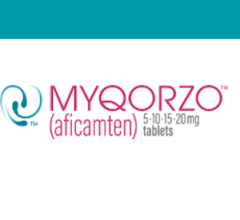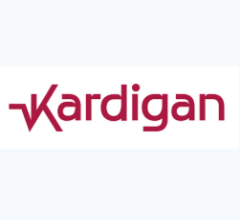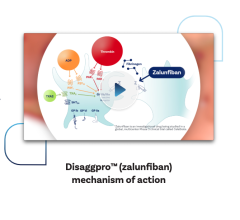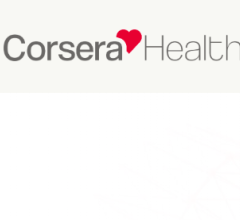March 25, 2011 – The American College of Cardiology (ACC) and the American Heart Association (AHA) have released a focused update to the 2007 guidelines for the managing patients with unstable angina (UA)/non-ST-elevation myocardial infarction (NSTEMI). This update allows clinical practice guidelines to keep pace with and respond promptly to the steady stream of new data on which previous diagnosis and care recommendations are based.
Unstable angina, which occurs when the heart doesn't get enough blood flow and oxygen, causes chest pain and discomfort and occurs when the coronary artery is partially blocked. Myocardial infarction, or heart attack, is an acute manifestation of this condition, in which a coronary artery is completely blocked and cutting off blood flow to the heart. The guidelines address the diagnosis and management of patients with UA and the related condition of NSTEMI.
“By taking another look at the guidelines, and creating a focused update, cardiologists are better able to target advanced therapies and interventional strategies to those at greatest risk,” said R. Scott Wright, M.D., professor of medicine and consultant in cardiology and acute coronary care at the Mayo Clinic, and lead author of the focused update. “We are in an era of incremental improvement in the treatment of patients with acute coronary syndromes. In the absence of a paradigm shift, the future will see incremental benefit as we learn to fine-tune the applications of therapies and revascularization. The challenge is to keep up with the fields of new data.”
According to the writing committee, there have been major advances in the management of UA/NSTEMI patients over the past three years that center on four important areas:
1. The timing of acute interventional therapy in patients with non-ST-elevation myocardial infarction has been better clarified by a number of studies. Immediate catheterization and intervention does not offer a benefit over initial medical stabilization followed by early catheterization and intervention in all but the highest risk populations.
2. The timing, duration and application of dual antiplatelet therapy and triple antiplatelet therapy have been clarified with further evidence supporting the role of triple antiplatelet therapy in high-risk patients and dual antiplatelet therapy in all other patients. Additionally, there are at least two thienopyridines that can be used as one of the two agents in dual antiplatelet therapy.
3. The role and potential benefit of invasive therapies in patients with advanced renal dysfunction has been further clarified by data.
4. Participation in a quality of care data registry designed to track and measure outcomes, complications, and adherence to evidence-based processes of care and quality improvement for UA/NSTEMI can drive quality improvement for acute coronary syndromes (ACS).
The 2007 guidelines put into practice an initial non-invasive set of preliminary tests; recommended the use of antiplatelet therapy clopidogrel for at least one year after receiving a drug-eluting stent; highlighted the importance of blood pressure control; and advised cessation of non-steroidal anti-inflammatory drugs (NSAIDS) use for all UA/NSTEMI patients during hospitalization.
The 2011 focused update incorporates late-breaking clinical trial results presented in 2008 and 2009, as well as selected data presented through April 2010 that may impact guideline recommendations. These include clarification of the timing and role of invasive therapy with ACS; which patient subgroups should have dual antiplatelet therapy versus triple antiplatelet therapy; and the role of invasive therapy in patients with chronic kidney disease.
The update also further incorporates the risk-score risk analysis into clinical decision-making; platelet function and platelet genotype testing; the duration of thienopyridine therapy in patients treated with drug-eluting stents; and the clarification of renal function prior to use of contrast agents with diagnostic angiography. Lastly, it promotes the use of quality of care registries and data repositories to promote quality and increased use of evidence-based medicine.
“While the analysis of standard practices is ongoing, this focused approach allows for continual review of new evidence and efficient implementation of important science and treatment trends that could have a major impact on patient outcomes and quality of care,” Wright said. “The clarification of timing and role of invasive therapy, as well as the ability or lack thereof for invasive therapy to offer a benefit in patients with advanced renal dysfunction, is a perfect example of the importance of continuous treatment guidelines review.”
The update will be published in the Journal of the American College of Cardiology and Circulation: Journal of the American Heart Association.
For more information: www.cardiosource.org, www.americanheart.org


 January 28, 2026
January 28, 2026 









